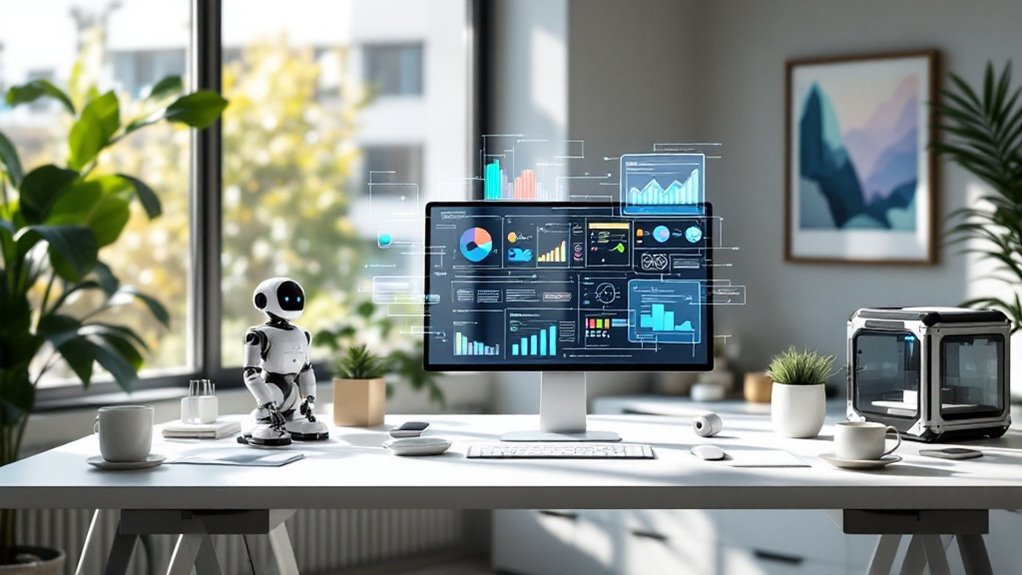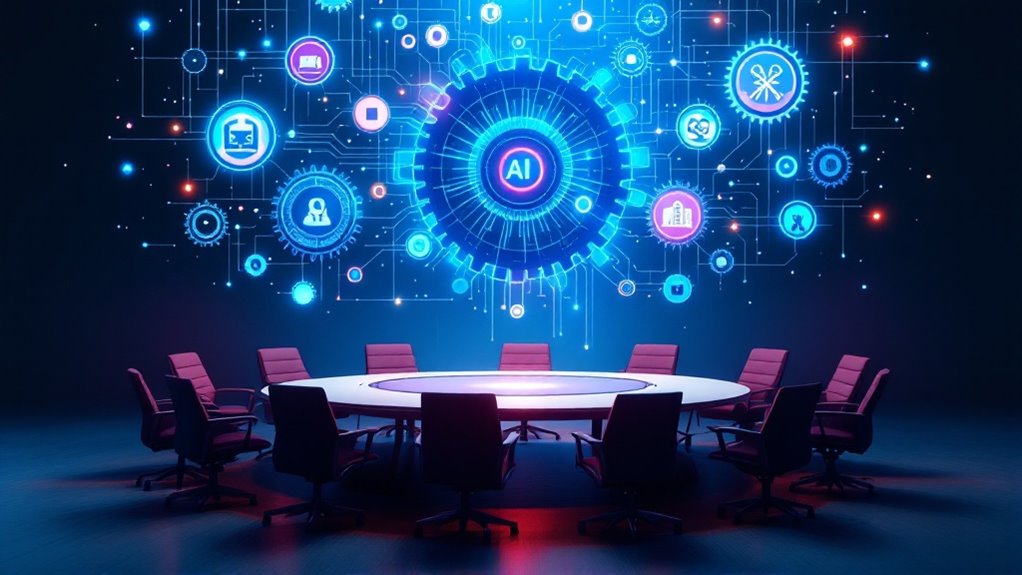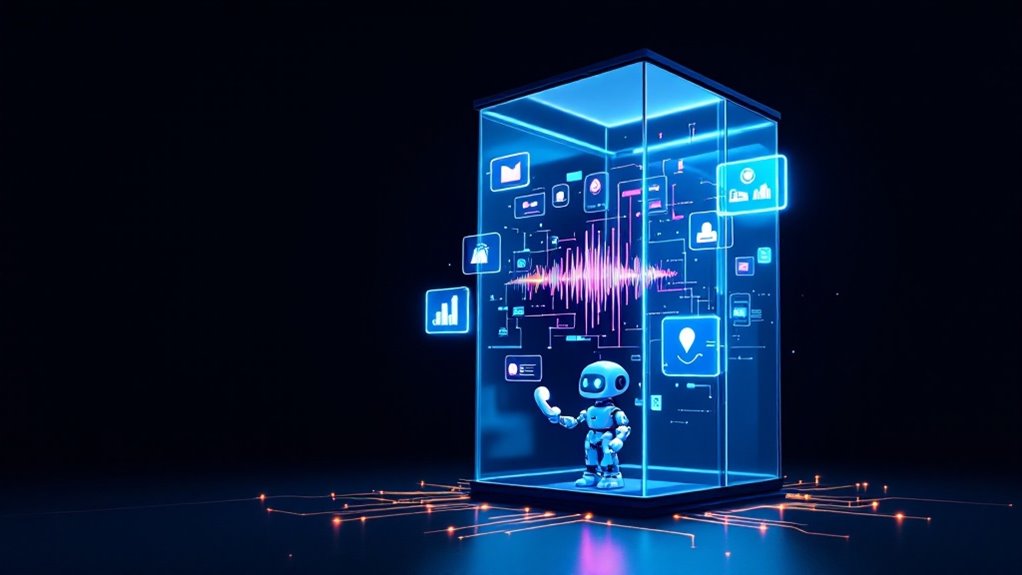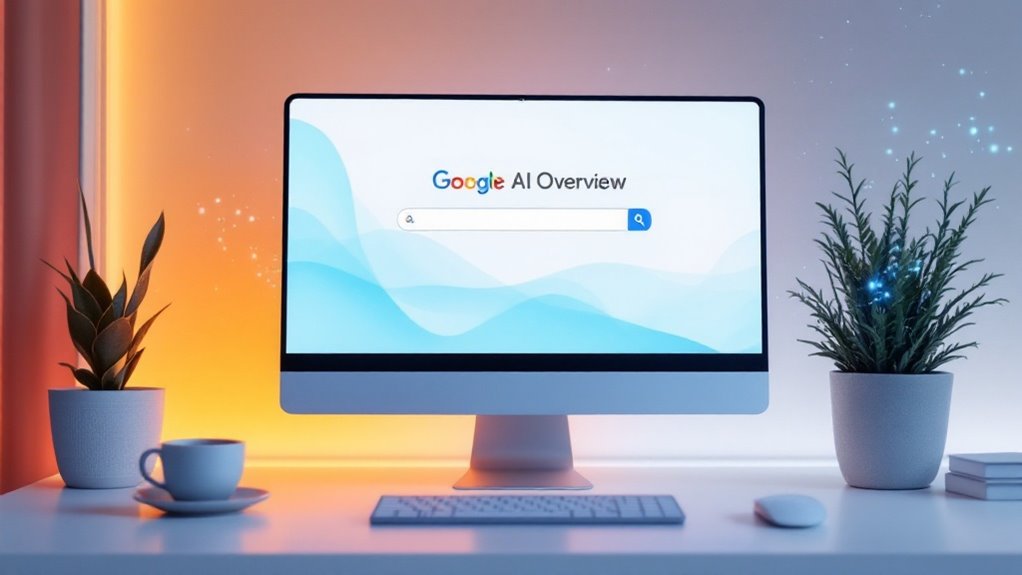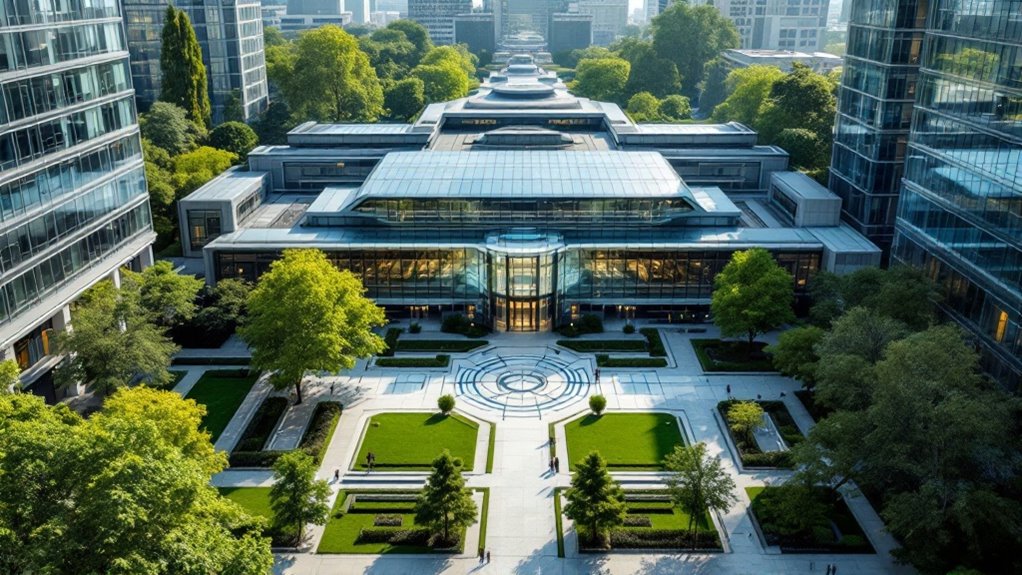AI in 2025 isn’t coming for your soul—or your job, unless you ARE a spreadsheet robot—it’s quietly sliding into roles everywhere: automating boring business chores, writing snappy ad copy with tools like Copy.AI, and even helping doctors catch rare diseases way before WebMD freaks you out. It diagnoses, organizes, creates art, and polices cloud files like your digital bouncer. Curious about how AI could ace more of your daily grind or boost your business mojo? Stick around.
Although it feels like society’s been bracing for the “Rise of the Machines” since the first Terminator movie, AI in 2025 is looking a lot less like Skynet and more like a supercharged assistant that—let’s be honest—actually gets the boring stuff done. Forget visions of robot overlords; think of AI as that overachieving intern who never needs a coffee break and doesn’t complain about spreadsheets.
In business, AI is the ultimate multitasker. Every tool offers a free plan or trial so businesses can test the waters before making big investments. From tracking operations to managing those tedious, soul-crushing tasks that usually fall to the new hire, AI is all over it. CEOs aren’t just delegating busywork, though. They’re using AI-assisted software development for innovation, giving chatbots the customer service reigns (because bots don’t get snarky), and releasing AI in sales to polish those marketing emails nobody wants to write. Businesses are increasingly integrating gen AI in business to enhance productivity and streamline workflows across sectors.
AI is the tireless intern of the business world, handling the grunt work and freeing up humans for real innovation.
*Data analysis?* AI chews through mountains of numbers, serving up insights faster than you can say “quarterly report.”
Content creation is next-level. AI writing tools like Copy.AI and Writesonic are practically literary sidekicks, churning out articles, blog posts, and social media copy while you sip coffee.
*Art generators* such as Adobe Firefly or Midjourney are the digital Picassos of our time, creating everything from campaign graphics to surreal landscapes—no beret required. And yes, AI even generates audio for podcasts or immersive environments, so your metaverse hangout can sound as cool as it looks.
Healthcare? It’s not all robot surgeons (yet), but AI’s making waves in drug discovery, reducing costs, and personalizing treatment plans. Hospitals are using AI to analyze patient data and handle emergencies—faster, cheaper, and, let’s face it, probably with fewer mistakes than the average human. The economic impact is substantial, with AI technologies projected to contribute massive growth potential of up to $15.7 trillion to the global economy by 2030.
Education’s getting a makeover too. AI personalizes learning, writes assessments, and even builds simulations. Accessibility tools mean more learners get customized support, whether they’re in a classroom or on their couch.
And don’t forget cybersecurity, travel, and those ever-busy AI agents transforming everything from booking vacations to guarding your cloud files.
The bottom line? AI in 2025 is less “robot apocalypse,” more “hyper-productive, slightly nerdy sidekick.” Use wisely—and maybe keep an eye on your toaster, just in case.
